Civil servants who cause injustice should pay out of pocket for compensation?
The unclear regulations on compensation content make it difficult for the agency responsible for compensation and the person receiving compensation to agree with each other.
Difficulty due to unclear law!
Discussing the draft Law on State Compensation Liability (amended) at the meeting of the National Assembly Standing Committee on the afternoon of September 20, Deputy Chief Justice of the Supreme People's Court Tong Anh Hao admitted that the time to resolve compensation for wrongful convictions in some cases such as the case of Mr. Phan Van La in Long An (compensation of 300 million VND), the case of Mr. Luong Ngoc Phi in Thai Binh (compensation of 23 billion VND) is still slow. However, the reason is not because of any problems with the legal process but because of determining the responsibility for compensation and the extent of damage.
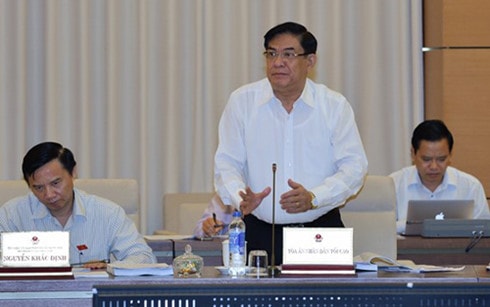 |
| Deputy Chief Justice of the Supreme People's Court Tong Anh Ha |
According to Mr. Tong Anh Hao, the lack of specific regulations also leads to difficulty in determining the level of damage. The case of Mr. Nguyen Thanh Chan in Bac Giang and the case of Mr. Huynh Van Nen required a long time for lawyers to provide supporting documents. As for the case of Mr. Phan Van La, the court of first instance tried the case in 1991, but the appeal court at the end of that year overturned the verdict and transferred it to the investigation agency, and in 2012, Mr. La demanded compensation. "At that time, who was responsible for compensation? According to the law, which agency makes the final decision on compensation, but this case was at the investigation agency stage, so there were many meetings that lasted until an agreement was reached before compensation was carried out" - Mr. Tong Anh Hao analyzed and said that the case of Mr. Luong Ngoc Phi in Thai Binh was similar.
“The Supreme People’s Court’s viewpoint in the case of Mr. Nguyen Thanh Chan is to direct immediate compensation, but the difficulty is proving the damage, not that the agencies do not want to compensate but delay” – Mr. Hao cited and suggested that the law needs to clarify the responsibility for compensation and joint compensation of the Investigation Agency, the Procuracy and the Court; clearly stipulate the level and details of determining the damage.
Deputy Chief Justice of the Supreme People's Procuracy Le Huu The also said that the most difficult thing is that the regulations on compensation content are unclear, so it is very difficult for the agency responsible for compensation and the person receiving compensation to agree with each other.
“It is very difficult to calculate the level of mental and material damage. It is embarrassing to say it, saying that we are “haggling”, but we need to have very standard regulations for state agencies to use as a basis to calculate compensation levels,” said Mr. The.
According to the Deputy Chief Justice of the Supreme People's Procuracy, it is necessary to clearly identify which cases require compensation. It is easy to determine responsibility in wrongful convictions, but mistakes are multifaceted. Along with that, it is necessary to determine which items are compensated and reduce administrative procedures.
Explaining at the meeting, Minister of Justice Le Thanh Long said that calculating damages for compensation is easier for material damages, but mental damages also have a way of calculating and the drafting committee tried to provide criteria to quantify mental damages for compensation.
“Compensation is mandatory, not optional”
The draft law stipulates that public servants who cause damage are obliged to reimburse the state budget for part or all of the amount of money that the state has compensated the victim. In cases where multiple public servants cause damage, those persons are obliged to reimburse in proportion to the extent of the damage they caused.
Chairwoman of the Judiciary Committee Le Thi Nga pointed out that public opinion has long been very upset about the fact that the State has to allocate a large budget for compensation, but then it is unclear how the responsibility of those who caused the injustice and damage is to compensate for the money the State has spent.
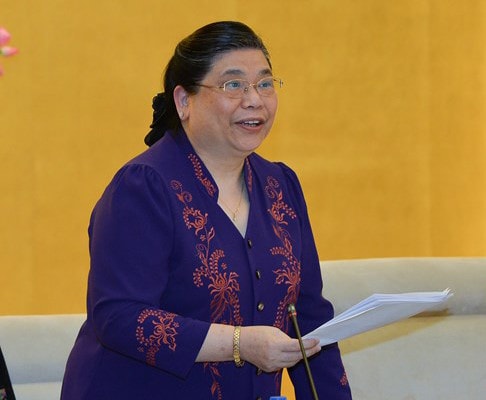 |
| Vice President of the National Assembly Tong Thi Phong: "Compensation is not something you can do on a whim" |
“In this case, it is the compensation of the person at fault to the organization, to the State agency, the attitude of the civil servant towards the organization, the compulsory nature is very high, so it is not something that can be done if you like, and not done if you don't like. It is necessary to clarify the concept of compensation. Who compensates whom? When will it be completed? How will it be handled if there is no compensation? It must be clearly regulated, otherwise this is no different from encouragement” – Vice President of the National Assembly said. Emphasizing that the promulgated Law is mandatory, has the effect of deterrence, prevention, enhancing the responsibility and prestige of the State, enhancing the public responsibility of the executors, however, Vice President of the National Assembly Tong Thi Phong is still hesitant about the unclear provisions on compensation responsibility.
Explaining further the regulation on compensation, Minister of Justice Le Thanh Long said: “The principle is that all civil servants who cause damage must compensate. The law will be designed reasonably so that people are aware of having to pay compensation for the damage they cause, but it should not be so “terrible” that officials do not dare to do anything.”
In his conclusion, Vice Chairman of the National Assembly Uong Chu Luu emphasized that clearly defining the State's responsibility for compensation is both to implement human rights and civil rights and to contribute to enhancing the responsibility of civil servants in performing their duties. However, it is necessary to note that the provisions of the Law must be strict and feasible to prevent fear and hesitation in the performance of civil servants' duties.
The draft Law is eligible to be submitted to the National Assembly at its second session next October for comments./.
According to VOV

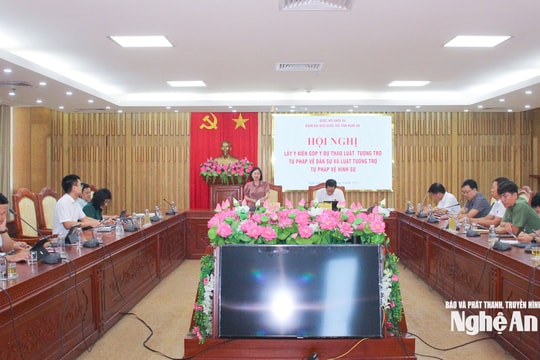
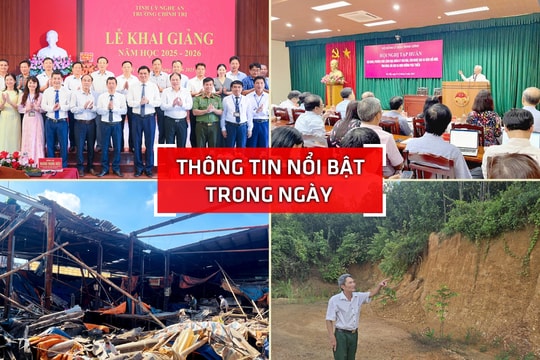

.jpg)
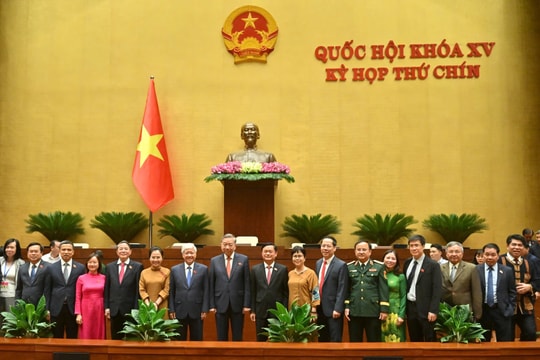
.jpg)
.jpg)
